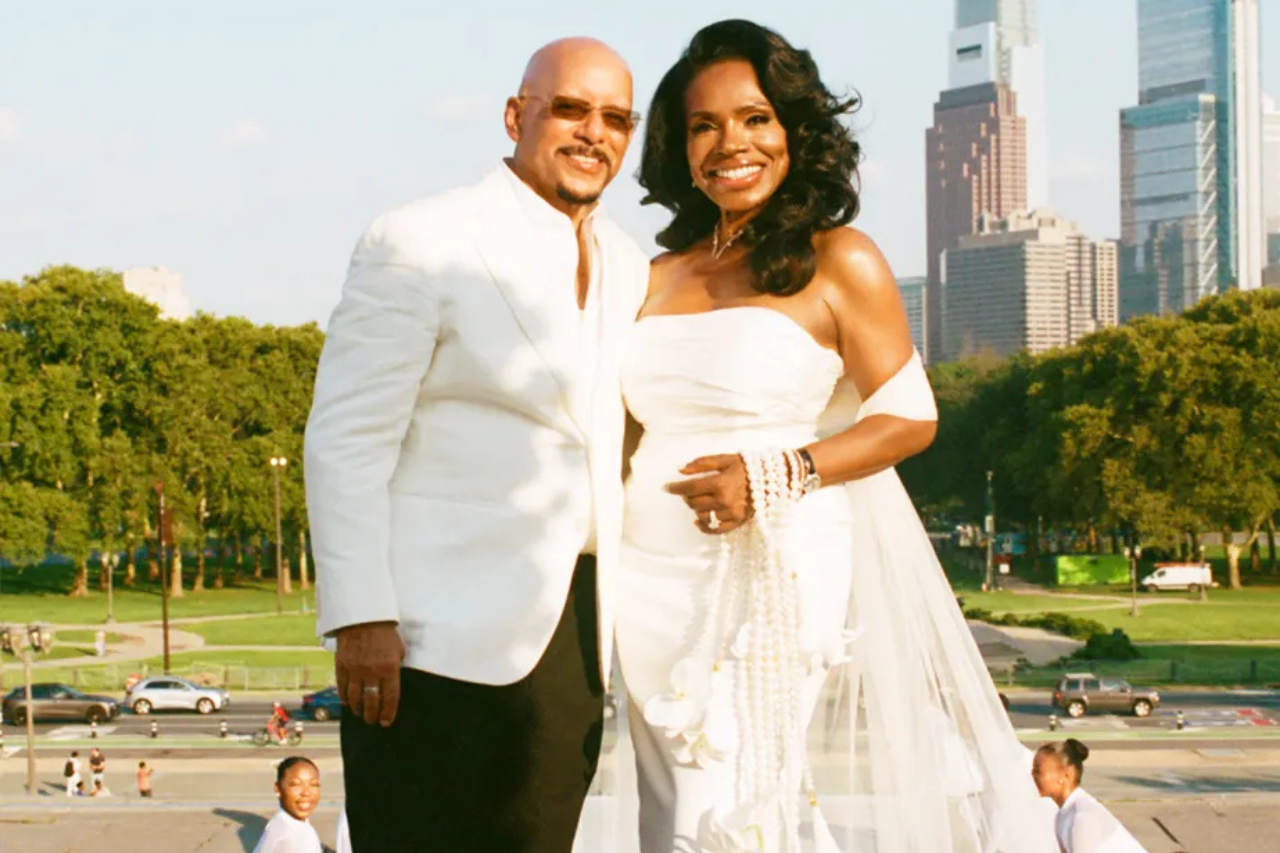For many observers, this co-opts grief for shock value. Some raised a further point: because the artist reportedly disliked being sexualized, the post violated a boundary he himself may have set
A now deleted Threads post from comedian Amy Miller sparked swift backlash after D’Angelo’s death. In the post, Miller wrote: “RIP to the voice of an angel and the greatest c*m gutters in the game.”
The comment, seen by users before it was deleted, drew widespread criticism for sexualizing the late artist. Many found it especially jarring given what is publicly known about D’Angelo’s discomfort with being objectified during his career. The exchange quickly evolved from a moment of outrage into a broader conversation about how artists are remembered, and whether respect in death should mirror the boundaries they defended in life.
D’Angelo’s public image changed drastically after the release of Untitled (How Does It Feel) in 2000. The song was a sensual slow-burn, but the accompanying video—shot in a single take with the camera focused on his bare torso—shifted attention from the music to his body.

In a 2012 GQ profile by Amy Wallace, D’Angelo’s team recalled how that video transformed him from an acclaimed musician into an unwilling sex symbol. He was celebrated and objectified at once. What had been meant as a statement of vulnerability and artistry became, in his words, a cage.
Former Prince and James Brown tour manager Alan Leeds, who worked with D’Angelo during the Voodoo tour, told Slatethat the crowds’ behavior changed. Fans shouted for him to remove his clothes. The pressure, Leeds said, contributed to D’Angelo’s eventual retreat from the spotlight.
Later interviews with Rolling Stone and Billboard confirm how persistent the issue became. Each time D’Angelo tried to talk about musicianship, the focus was dragged back to the body. His collaborators described him as struggling to reconcile his spiritual foundation in gospel with the hypersexualized image the industry sold. The conflict between faith, artistry, and fame was not a rumor. It was the story of his career.
The reporting across years forms a clear picture. He wanted to be valued as an artist first. The GQ feature framed the “Untitled” moment as both artistic triumph and personal burden. It noted how the physical attention distorted public understanding of his work.
He felt the pressure during performances. The Slate oral history captured how the energy of live shows shifted from communal to voyeuristic, creating tension that his team could not ignore.
He kept trying to move past it. Both Rolling Stone and Billboard pieces in the 2010s show that even after his return with Black Messiah, the specter of that early image followed him. He rarely spoke about it directly, but when he did, he implied that fame had made him feel stripped of control over how he was seen.
Public figures are not private citizens, and comedians often push boundaries. Yet context matters. When an artist’s death prompts reflection, it also tests how much of that reflection honors the person’s stated values. In D’Angelo’s case, his discomfort with being sexualized is not speculative; it is documented.
That is why the reaction to Miller’s post was so immediate. For fans who followed his career, the joke was not just in poor taste. It seemed to disregard years of effort by the artist to separate his art from the image that haunted him. It also reopened a familiar conversation about race, gender, and the way Black male artists are too often reduced to physicality rather than intellect or soul.
The post itself exists as a verified quote that was publicly visible and then deleted. The newsworthy element is not its shock value but the reaction it provoked and the history it touched. The more meaningful question is what this says about how grief, humor, and cultural memory intersect in the digital age. To some, Miller’s post was an act of insensitivity. To others, it was a reminder of how easily even casual words can distort a legacy.
Obituaries from major outlets have emphasized what D’Angelo valued most: the craft, the faith, and the music. He won four Grammys, redefined R&B’s emotional vocabulary, and inspired a generation to treat soul as something sacred.
That is the story he wanted remembered. To honor it means resisting the easy impulse to make light of what he spent a lifetime trying to transcend.
Discover more from MidScroll
Subscribe to get the latest posts sent to your email.



